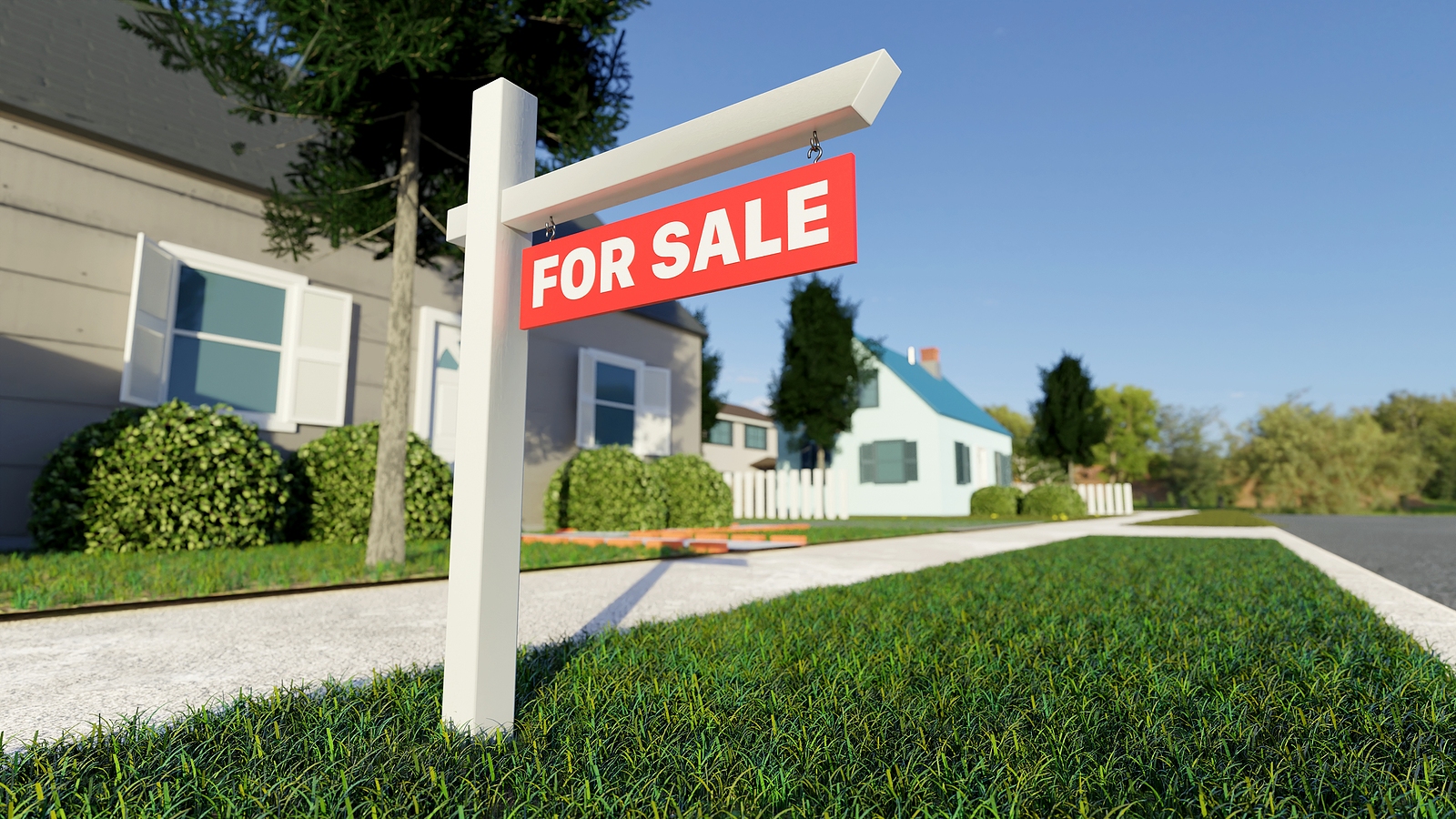The real estate industry loves to harp on “location;” so much so that we repeat it three times to let you know how important it is.
Location, location, location not only determines a home’s value but the homeowner’s enjoyment of the home as well.
For instance, if you can’t tolerate noise, don’t buy a home near an airport or railroad tracks. If traffic drives you nuts, avoid looking at homes on busy streets.
We know how easy it is to focus on the homes you view and ignore the location. So we’ve come up with three things for you to consider before you sign on the dotted line of that purchase agreement.
1. “There are no homes on either side of this one!”
Yes, open space nearby is an attractive enticement, but beware. If the land isn’t a government set-aside (meaning that it’s privately owned), you’ll need to do some investigating.
A few years ago, the residents of a peaceful, 25-year-old Minneapolis suburb were shocked to find out that the open space nearby was zoned for commercial development.
They learned about it while reading news reports that the city approved construction of a 24-hour superstore directly across the street from the subdivision’s entrance.
Imagine living there after the store’s completion—the traffic, the huge trucks making deliveries in the middle of the night and glaring parking lot lights pouring through their windows.
The lesson here? Check the zoning of all vacant land in the vicinity of the home you have your eye on.
2. How’s the neighborhood?
If that adorable house you’ve fallen in love with is the only adorable house in the neighborhood, you may want to think twice about it.
The condition of surrounding homes has an impact on the value of all of them. Nearby homes with peeling paint or trashy yards drag down the value of those nearby.
Then there are the bigger impacts on nearby home values. These include homes near:
- Foreclosed homes
- Power plants
- Funeral homes
- City dump
- Noise pollution
- Sex offenders
- Poor-performing schools
When you tour a home that you’re interested in, drive through the neighborhood at different times of the day, weekdays and weekends.
Then, drive around the area surrounding the neighborhood to check for anything that may impact the home’s value now and down the road when you sell. This includes railroad tracks, airport noise, dumps, etc.
3. Crime rates
Especially if you’re a single woman or a family with children, checking the area’s crime rates is critical. Even the cutest neighborhoods could be in high-crime areas.
You can find crime statistics online at various websites. Neighborhood Scout offers reports for a fee but many police departments offer them free, online.
The United States Department of Justice offers, at no charge, a way to search for sexual predators on its National Sex Offender Public Website.
Knowledge is power, especially when shopping for a home. Ensuring that the location of a new home fits your needs and desires is part of your due diligence. Neglect it, and you may be sorry.







